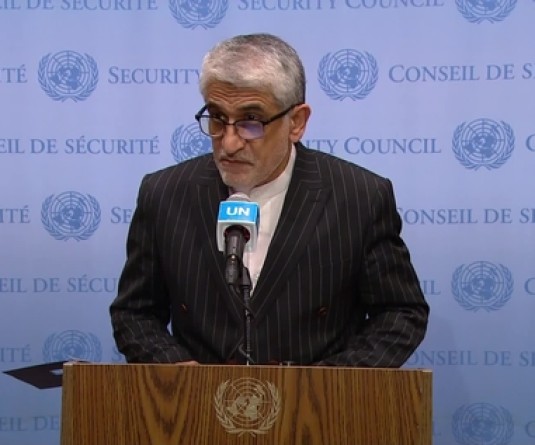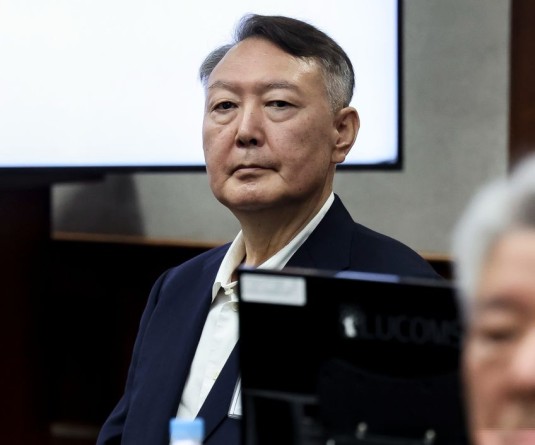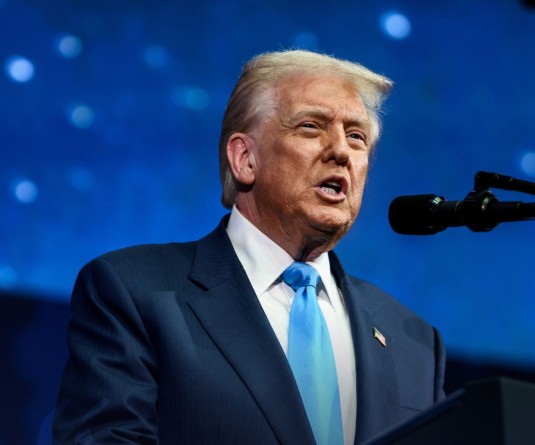David Stilwell, U.S. Assistant Secretary for East Asian and Pacific Affairs, answers reporters' questions at the Foreign Ministry in Seoul, South Korea on November 6, 2019. (REUTERS File Photo)
WASHINGTON, July 14 (Reuters): The top U.S. diplomat for East Asia said on Tuesday that the United States could respond with sanctions against Chinese officials and enterprises involved in coercion in the South China Sea.
"Nothing is off the table ... there is room for that. This is a language the Chinese understand - demonstrative and tangible action," David Stilwell, the assistant secretary of state for East Asia, told a Washington think tank when asked if sanctions were a possible U.S. response to Chinese actions.
Stilwell spoke a day after the United States rejected China's claims to offshore resources in most of the South China Sea as "completely unlawful," a stance Beijing said raised tensions in the region.
Washington has long opposed China's expansive territorial claims on the South China Sea, sending warships regularly through the strategic waterway to demonstrate freedom of navigation there, but Monday's announcement reflected a harsher tone.
China claims 90% of the potentially energy-rich South China Sea, but Brunei, Malaysia, the Philippines, Taiwan and Vietnam also lay claim to parts of it, through which about $3 trillion of trade passes each year. Beijing has built bases atop atolls in the region but says its intentions are peaceful.
Earlier on Tuesday, Chinese foreign ministry spokesman Zhao Lijian condemned the U.S. rejection of China's claim.
"It intentionally stirs up controversy over maritime sovereignty claims, destroys regional peace and stability and is an irresponsible act," he said at a regular briefing.
The U.S.-China relationship has grown increasingly tense recently over various issues, including China's handling of the novel coronavirus and its tightened grip on Hong Kong.





